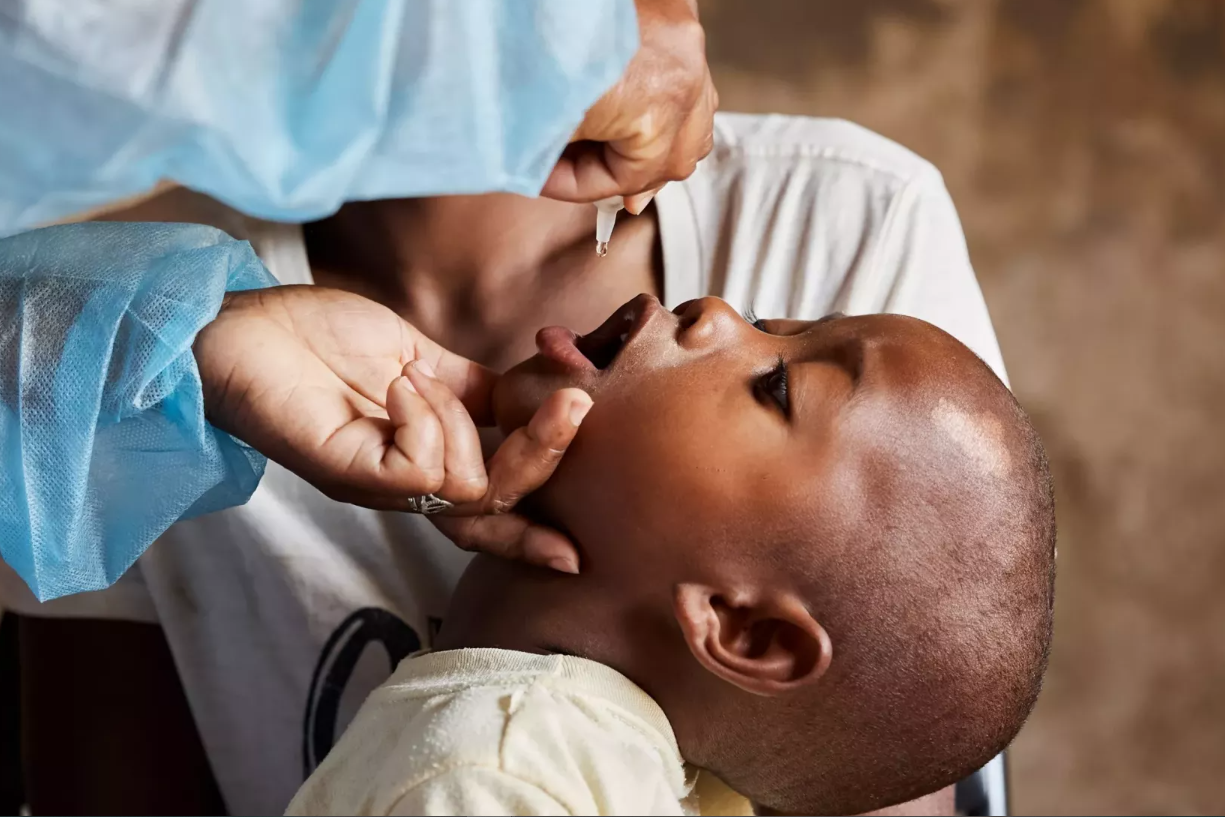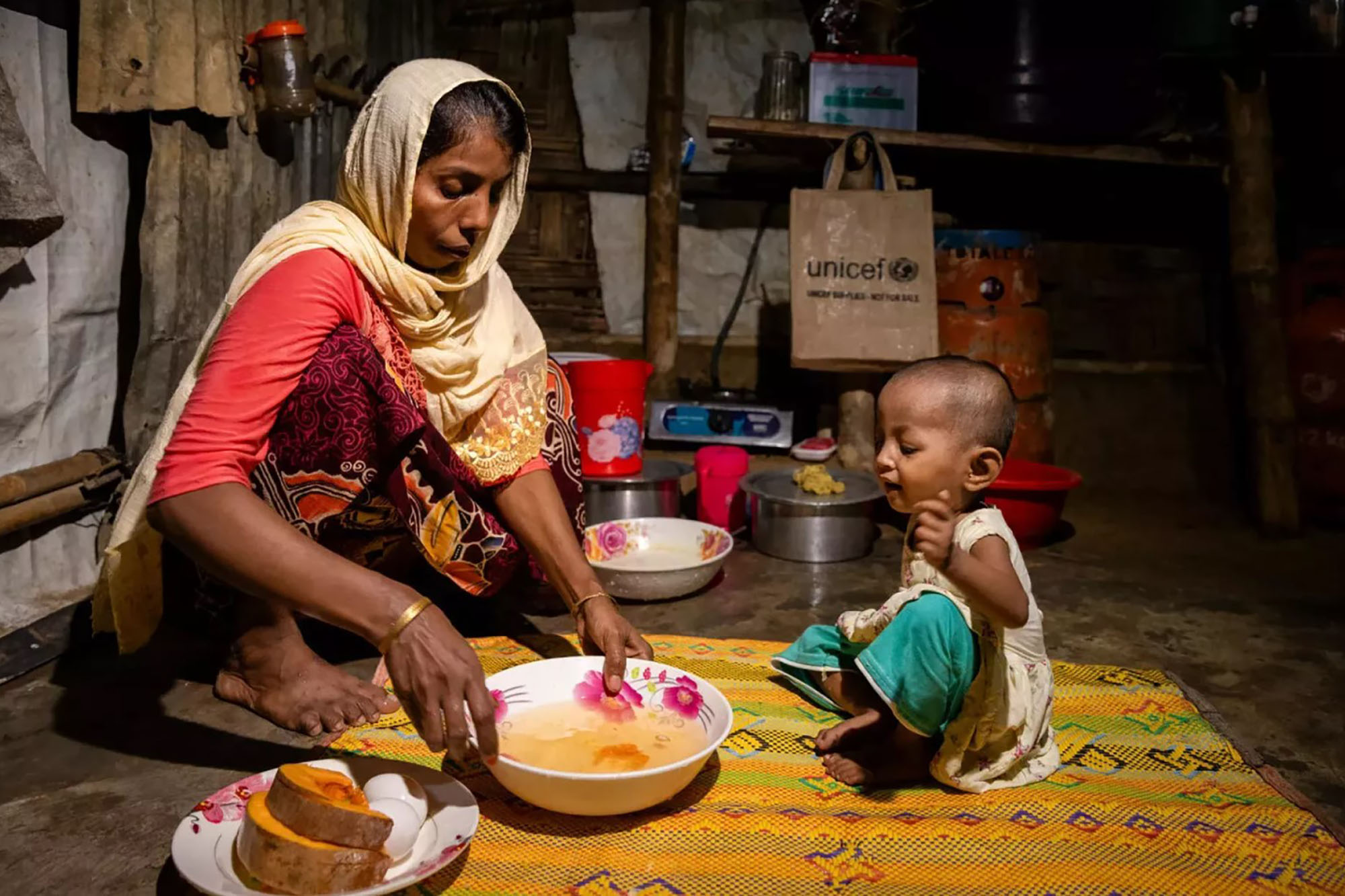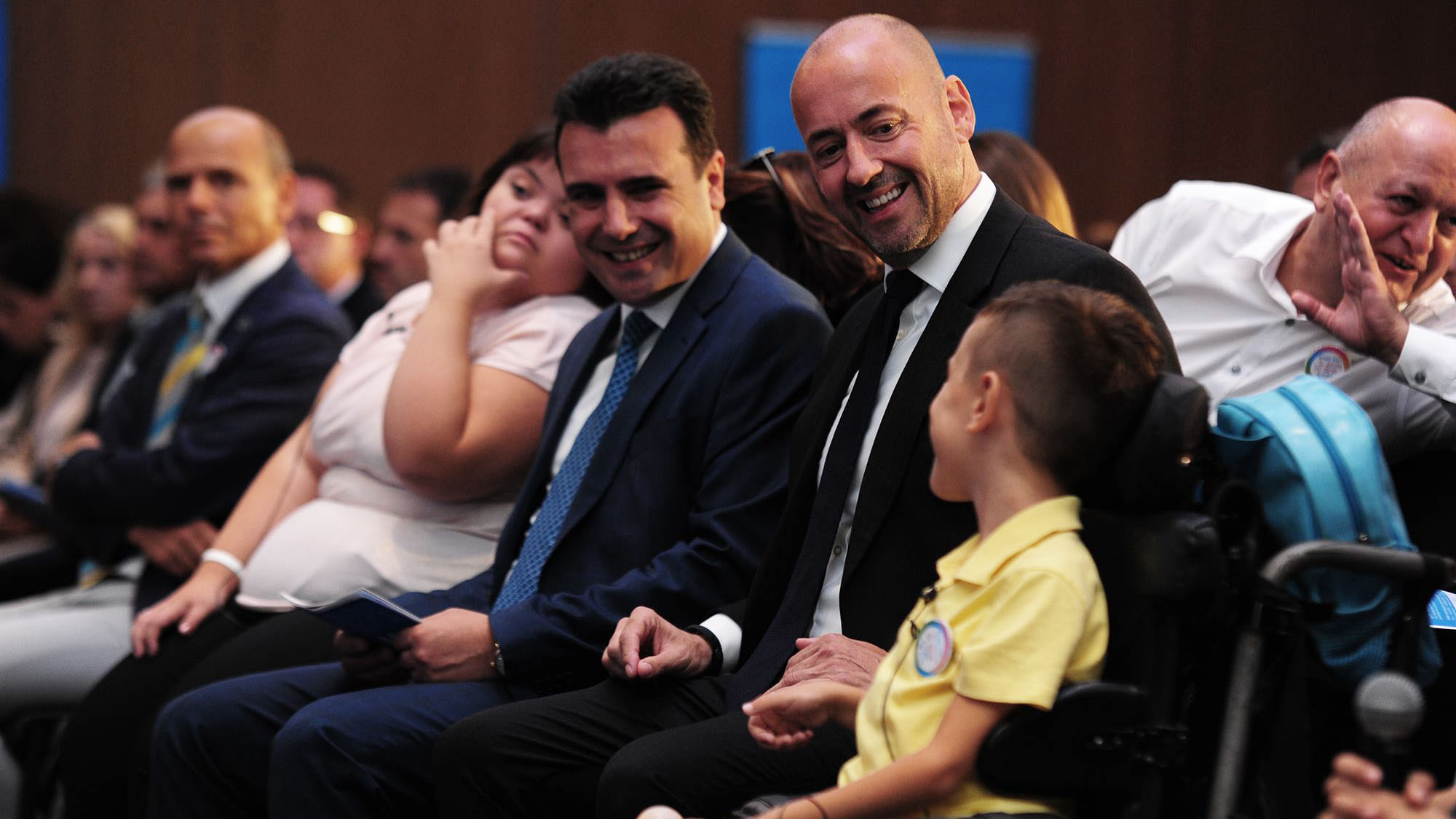“There are also great stories and children who I see, who you know, are so resilient, children who have hope for the future.”
Catherine Russell never forgets the children she meets. As Executive Director of UNICEF, she bears witness to the stories of tens of millions of children and young people suffering around the world, and shares causes for optimism and hope wherever she finds it.
“Children just want to be children. No matter what, the bleakest situation, the most terrible things, they still want to play right? They want to find some joy. They want to just be kids, and I think that's what we have to all work to protect.”
2024 was one of the worst years on record for children in conflict, a devastating statistic that the UN is refusing to accept as a deadly new normal. In this episode, Catherine reflects on the impacts of childhood trauma, the limits of human resilience, and looks back on a childhood spent trick-or-treating for UNICEF.
Photo: ©UNICEF/UN0733293/Truong Viet Hung
* Episode recorded end of 2024








